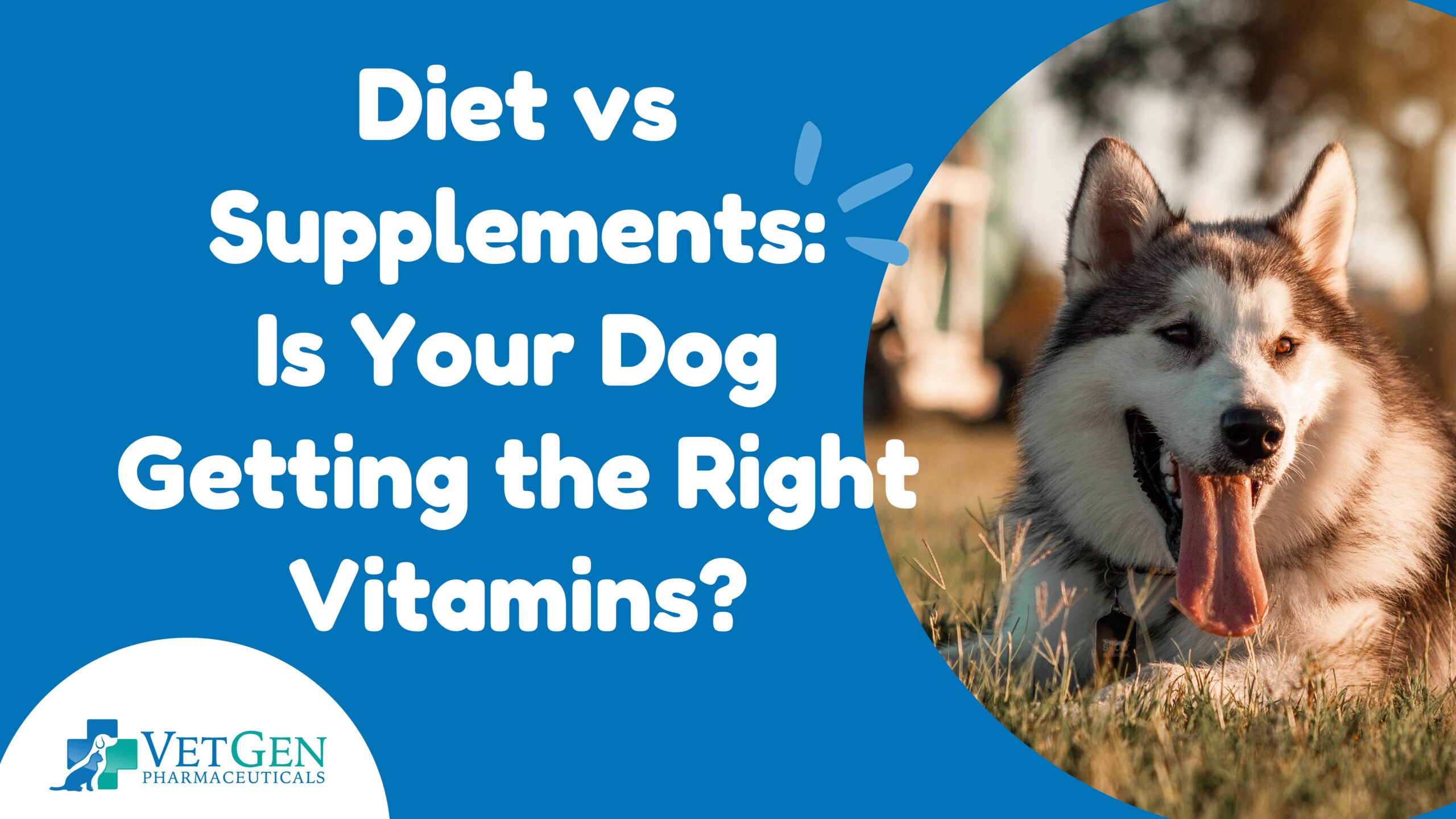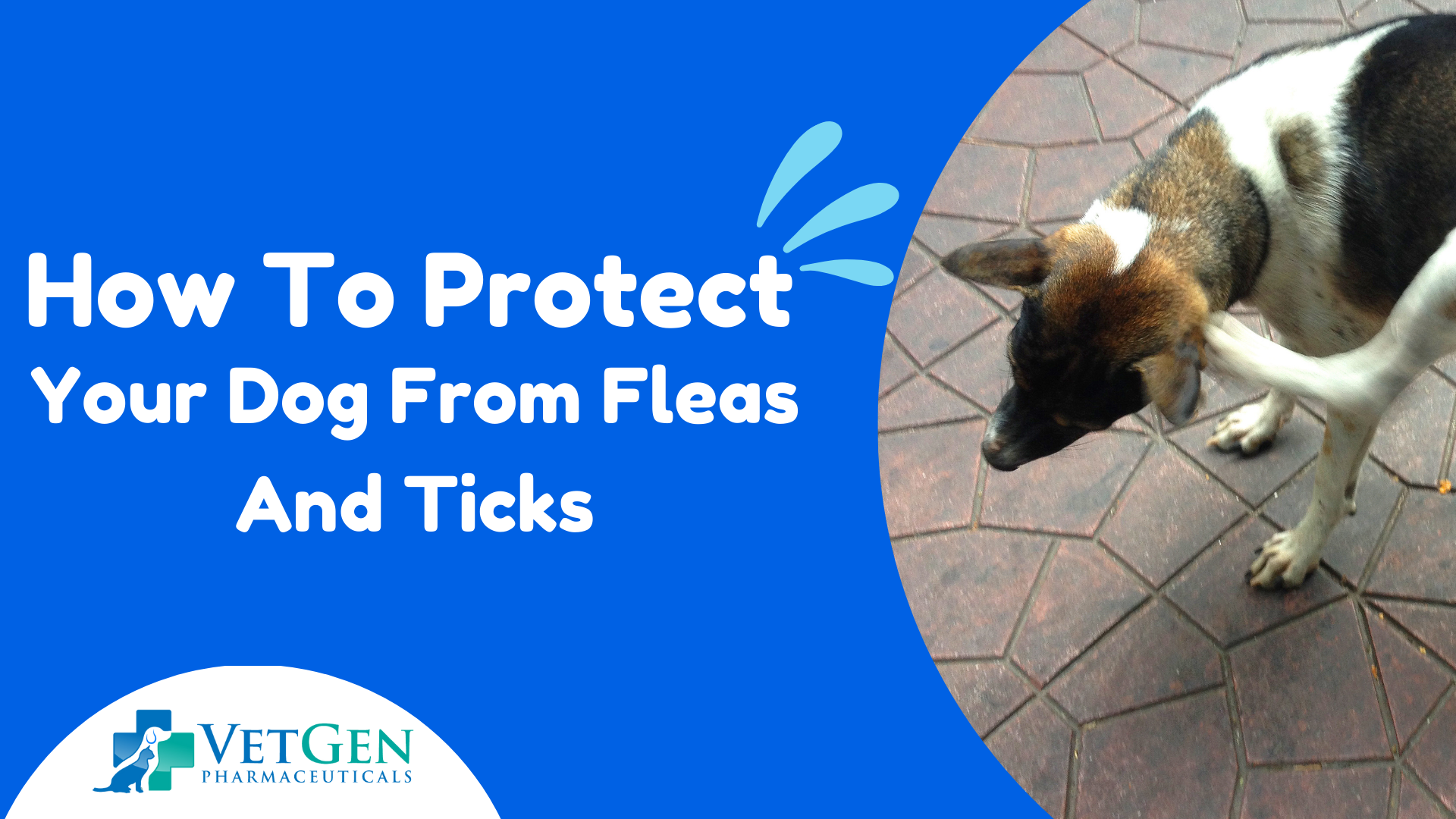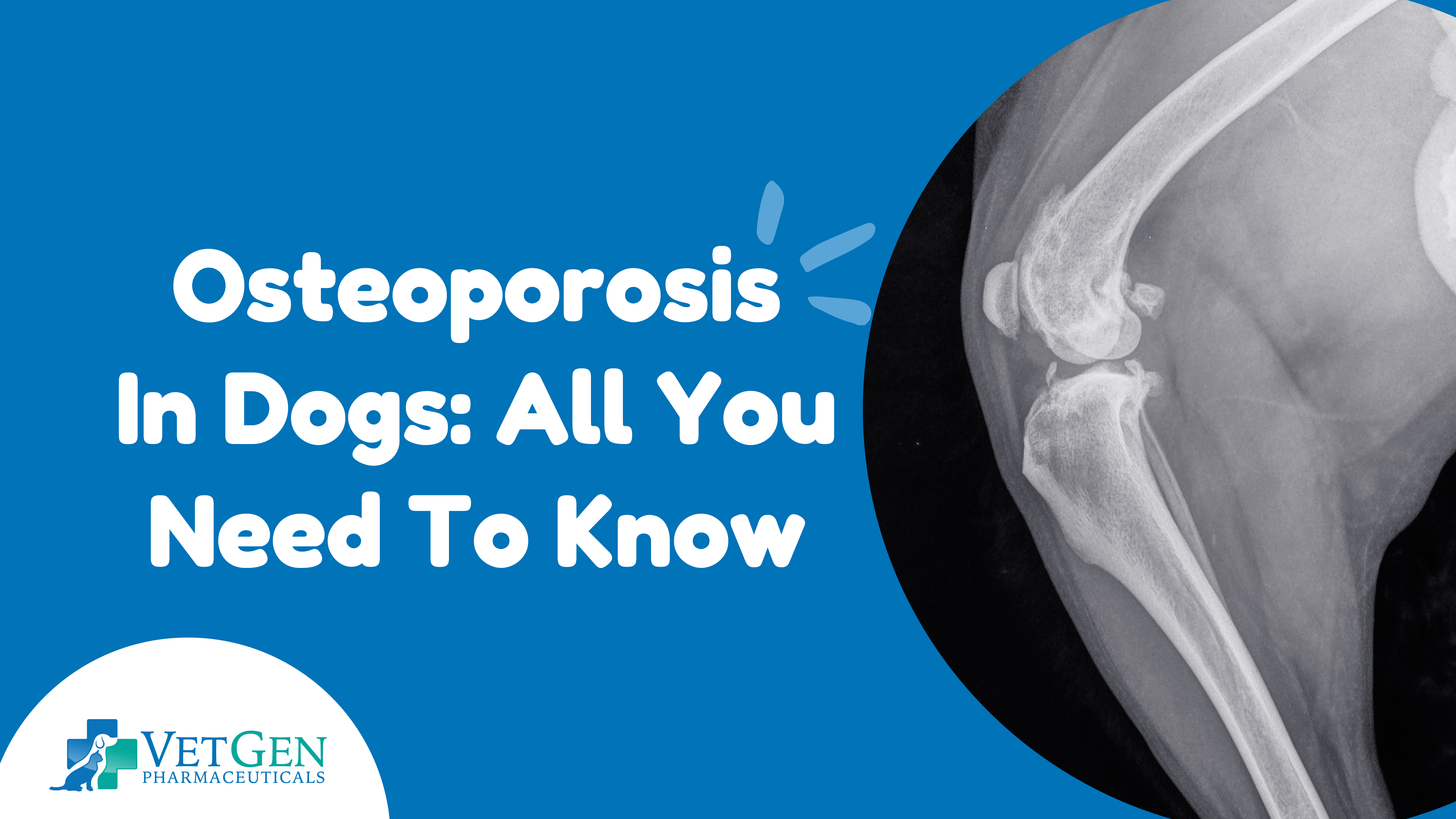Table of Contents
Your dog, too, needs a range of vitamins and minerals to stay healthy, just like we humans. Vitamins help keep our dog feeling their best and ready for all the adventures. But how do we give them the right amount of all of this? It’s like a jigsaw puzzle- where every vitamin has its own place.
A balanced nutritional diet with protein, fats, carbohydrates, vitamins and minerals can make your pup bounce with energy all day! Any shortage of these and it might lead to major health issues. Poor growth, weakened immune systems, or sometimes even more serious diseases. So, let’s find out what foods are high in vitamins for dogs.
What is a good diet for Dogs?
Firstly protein is essential for dogs as it supports muscle growth. It helps in repairing and improving overall body function in dogs. We should look for dog foods which contain high-quality animal protein from sources such as chicken, beef, fish, or lamb.
Dogs require a balanced protein, carbohydrates, and fats in their diet. Opt for dog foods that provide the right proportions of these macronutrients. These support energy levels, metabolism, and cellular function. In dogs.
Omega-3 & 6 fatty acids enhance coat, skin, and immune function in dogs. We can incorporate this in dog food by adding fish oil or flaxseed. We also need to ensure that their diet includes a sufficient amount of important nutrients like vitamins A, D, calcium, and phosphorus.
Apart from these vitamins and minerals, fiber also aids in digestion and promotes gastrointestinal health. We can include digestible sources like brown rice, sweet potatoes, or vegetables. Providing access to fresh, clean water for your dog is a must. Water helps in regulating body temperature, digestion, and nutrient absorption.
While we just read what to include in your dog’s diet there are also a few things we should avoid. This includes foods with excessive additives, artificial colors, flavors, or preservatives. We should always opt for natural and minimally processed ingredients.
What are good supplements for dogs?
Types of Supplements Available:
Just like we humans pop vitamins, dogs have their own versions too! Some multivitamins cover a bunch of bases and while some others target a particular need. So whether it’s for shiny fur or strong bones, there’s likely a supplement for it.
Multivitamins being the one-stop shop for vitamins and minerals. Multivitamins for dogs often contain a mix of essential nutrients which make them convenient for a well-rounded diet. They fill in if there are any nutritional gaps in your dog’s regular meals.
But sometimes, your pup might need a little extra boost of a specific vitamin. They might develop of vitamin C deficiency as they’re not big fans of citrus fruits. Or perhaps they need more vitamin E for healthier skin and coat. Specific vitamin supplements target these individual needs.
Omega-3 Fatty Acids as mentioned above. It is beneficial, especially for those with skin allergies or joint issues. Probiotics contain good bacteria that help maintain a healthy balance in your dog’s gut flora. This promotes better digestion and nutrient absorption. It is particularly helpful for dogs with sensitive stomachs or those on antibiotics.
As dogs age, they often develop joint issues like arthritis. Joint supplements typically contain ingredients like glucosamine, chondroitin, and MSM (methyl sulfonyl methane). These supplements reduce discomfort and improve your dog’s quality of life and mobility, especially in the long run.
Apart from joint issues, some dogs develop issues digesting certain foods. This condition might include bloating, gas, or diarrhea. Digestive enzyme supplements help break down food more efficiently. This can be helpful for dogs with sensitive stomachs or food intolerances.
Herbal supplements like chamomile help calm anxious dogs. Echinacea supports the immune system of the dog.
Dosage and Administration Guidelines:
While we just read about what to feed our pet dogs, it’s important to know how much. Giving your dog the right vitamin in the right quantity is like being a chef – you’ve got to get the recipe just right! You can consult your vet to get the perfect dose based on your dog’s size, age, and health needs. Then it’s just a matter of slipping it into their food or handing it over as a tasty treat.
Potential Risks and Benefits:
Like everything in life, supplements come with their pros and cons. On the bright side, they can boost your dog’s health and fill up any nutritional gaps. But when given access it might lead to health problems.

Where do dogs get vitamins from?
Natural Foods Rich in Vitamins for Dogs:
Nature’s pantry is packed with goodies for your pup! Food items like lean meats, fish, eggs, fruits, and veggies are chock-full of vitamins. Next time you’re at the grocery store, think about picking up some wholesome treats for your pet.
Raw vs. Cooked Diets:
It’s choosing between sushi and stir-fry for your pup! Raw diets involve feeding your dog uncooked meats, bones, and veggies. While cooked diets involve, well, cooking them. Both have their own benefits, but it’s important to do your homework before choosing an option.
Commercial Dog Foods and Their Nutritional Content:
Commercial dog food options can be overwhelming, but fear not – there’s plenty of good stuff out there! Commercial dog foods come in all shapes and sizes. From kibble to cans. They are filled with all the vitamins and minerals your dog needs. We should check the label for important info like ingredients and nutritional content before picking one.
To Conclude
When it comes to keeping our doggo energetic, focusing on a good diet wins paws down! A diet packed with all the nutrients is like giving them a daily dose of vitality. While supplements are helpful in some situations, like patching up specific nutrient gaps or targeting health issues. They’re the sidekick to a nutritious diet’s superhero. So, feed your pup well, and they’ll be bouncing with energy and wagging their tails in no time!
Frequently Asked Questions
1. Is it better to get vitamins through food or supplements?
It’s generally better for dogs to get their vitamins through food rather than supplements. This is because whole foods provide a balanced array of nutrients in their natural form, which is often more readily absorbed and utilized by the body compared to isolated vitamins in supplements.
2. How do I make sure my dog is getting enough vitamins?
Provide a balanced diet with quality commercial dog food or homemade meals rich in essential nutrients. We can include diverse protein sources, fruits, veggies, and whole grains, and minimize cooking to preserve nutrients.
3. Do dog supplements really work?
The effectiveness of dog supplements can vary depending on factors such as the specific supplement, the dog’s individual health status, and the quality of the supplement. While some supplements may offer benefits for certain health conditions or deficiencies, others may have limited or inconclusive evidence supporting their efficacy. Know more about supplements on VetGen Pharmaceuticals.








